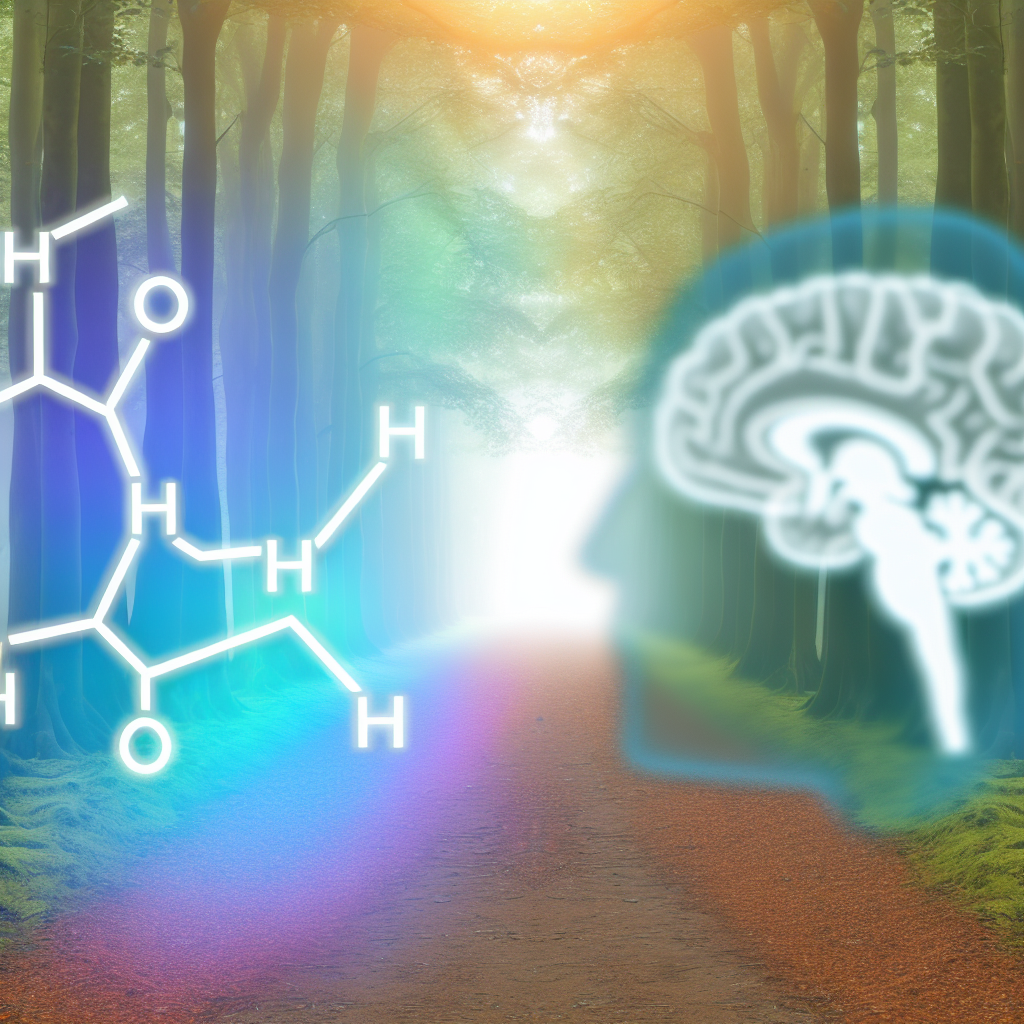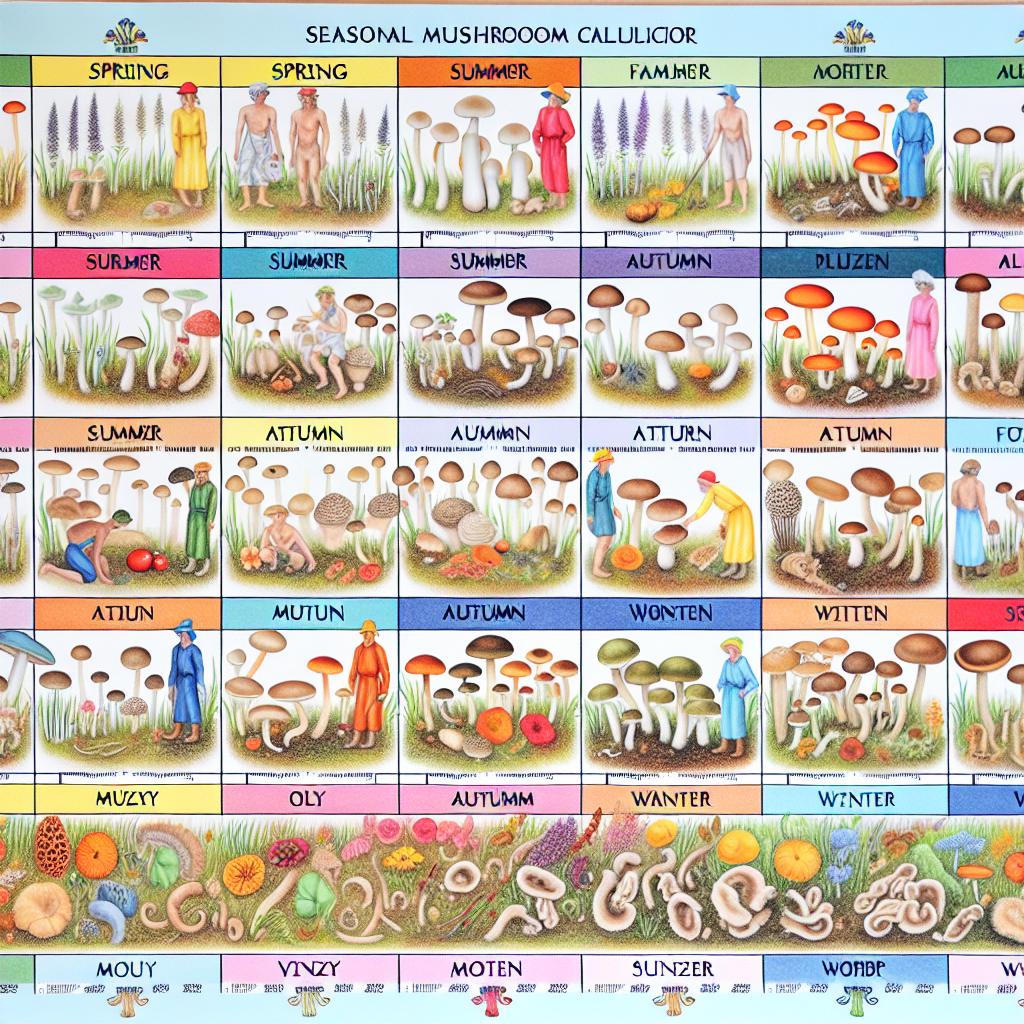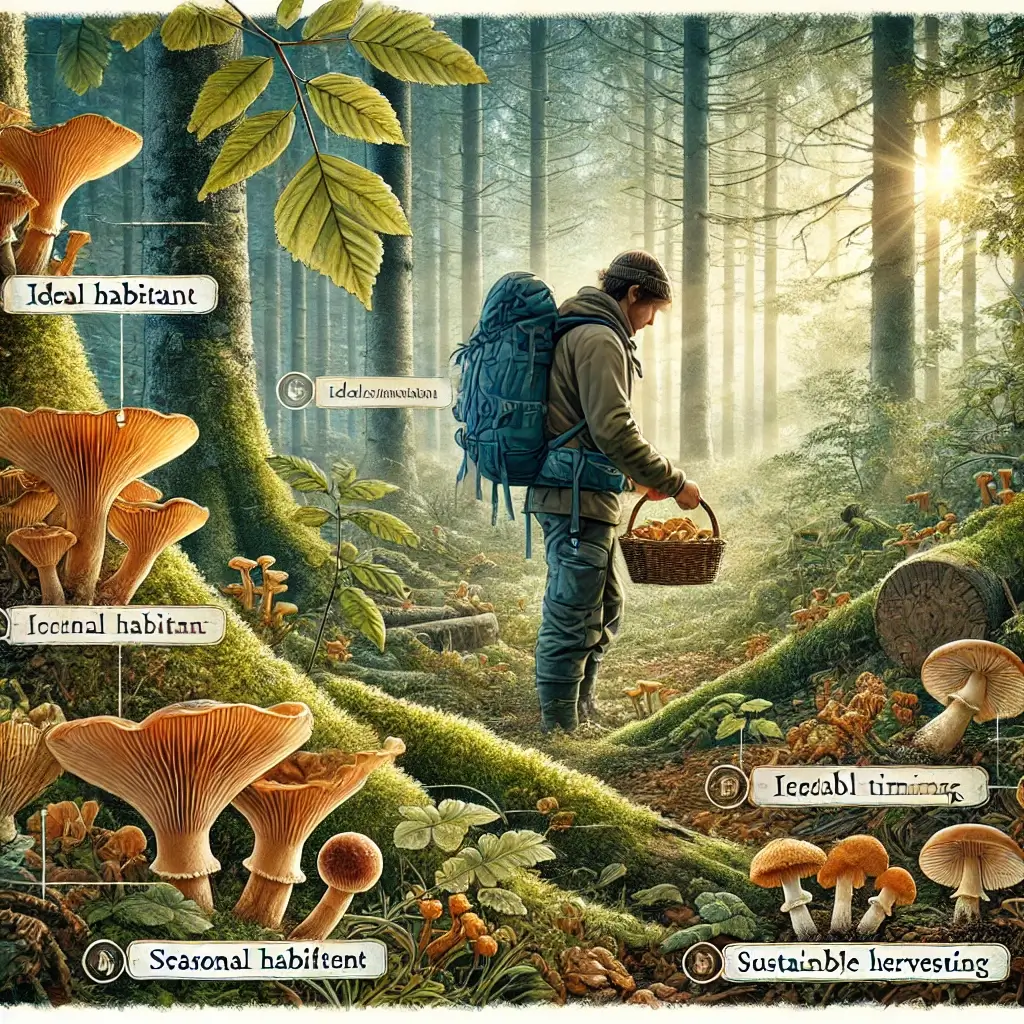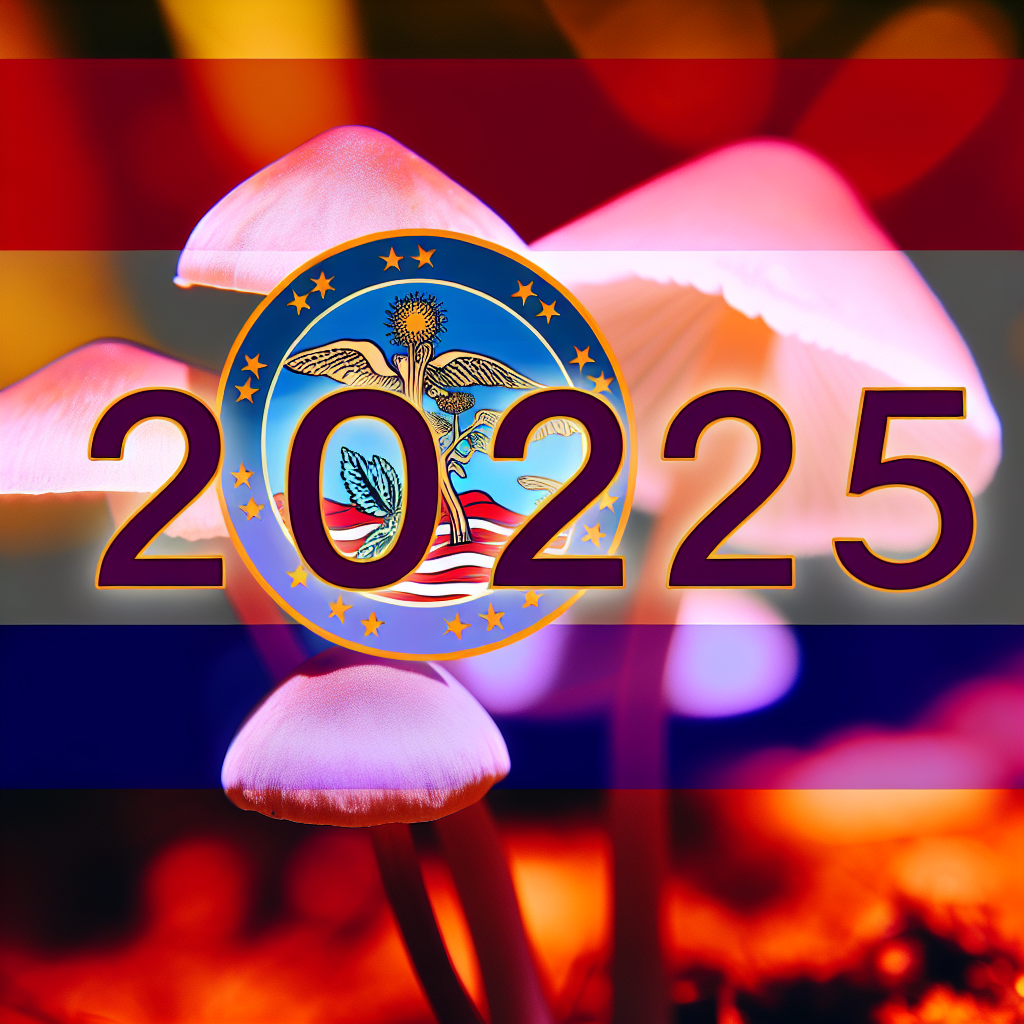# Psilocybin for Treatment-Resistant Depression: Breakthrough Study Findings
Game-Changing Clinical Trials Showcase Psilocybin’s Therapeutic Power
Several key clinical studies have catalyzed public and medical interest in psilocybin as a viable treatment for treatment-resistant depression (TRD). A pivotal 2021 study published in the New England Journal of Medicine compared psilocybin, administered in a controlled setting, to the widely used antidepressant escitalopram. The study involved 59 participants diagnosed with moderate-to-severe major depressive disorder. Remarkably, patients given psilocybin reported greater improvements in depressive symptoms after just two sessions compared to those on daily escitalopram therapy. Equally significant was the fact that the psilocybin group experienced fewer side effects and a more rapid onset of symptom relief.
👉 [Read the full study](https://www.nejm.org/doi/full/10.1056/NEJMoa2032994)
Another impactful study, conducted by COMPASS Pathways, a mental health care company aiming to accelerate patient access to evidence-based innovation, released intermediate results from a Phase IIb trial in 2022. This was the largest randomized, controlled, double-blind study of psilocybin to date, involving 233 patients across 10 countries. Participants received a single dose of either 1mg (as a placebo), 10mg, or 25mg of synthesized psilocybin, accompanied by psychological support. The group that received the 25mg dose showed a statistically significant reduction in depressive symptoms—and, notably, sustained improvement over a three-month span for nearly 30% of participants.
👉 [Explore the research on Nature Medicine](https://www.nature.com/articles/s41591-022-02021-4)
How Psilocybin Rewires the Brain: Neuroscience Behind the Treatment
Recent brain imaging studies have begun to uncover the mechanisms that make psilocybin so effective for TRD. A 2022 study conducted by Imperial College London used fMRI data to observe brain function before and after treatment. The results showed that psilocybin increased communication between different areas of the brain, fostering a more integrated and flexible neural network. In contrast, traditional depression is often characterized by rigid and isolated brain circuits.
This enhanced brain connectivity may help “reset” the brain, enabling patients to break free from destructive thought patterns and emotional inertia. Unlike SSRIs, which typically take weeks to effect change on a chemical level, psilocybin works swiftly by stimulating neuroplasticity—allowing the brain to adapt, evolve, and heal.
👉 [Read the study in Cell Reports](https://www.cell.com/cell-reports/fulltext/S2211-1247(22)00415-X)
Safe Use Requires Professional Supervision and Integration Therapy
Importantly, all studies underscore the necessity for psilocybin administration within a controlled, therapeutic framework. The compound’s intense psychological effects carry both potential benefits and risks, making professional supervision essential. Licensed facilitators help guide patients through their experiences, while integration therapy ensures that insights gained during sessions are meaningfully applied to everyday life.
This has led to the development of legal and ethical psychedelic-assisted psychotherapy programs, such as those currently piloting in Oregon and Australia. These structured platforms ensure safety, efficacy, and long-term support for participants seeking relief from TRD.
The Future of Mental Healthcare: Nature Meets Neuroscience
Taken together, the growing body of evidence points to psilocybin as more than a passing trend—it’s a scientifically validated, potentially life-changing treatment option. For individuals trapped by the confines of treatment-resistant depression, psilocybin-assisted therapy opens a much-needed avenue of hope.
As policy reform advances and stigma dissolves, the integration of psychedelic compounds into mainstream psychiatry could redefine mental healthcare for future generations. Backed by data, driven by patient need, and enriched by the wisdom of nature, psilocybin is unlocking new possibilities for emotional and psychological well-being.
References
– New England Journal of Medicine, “Trial of Psilocybin versus Escitalopram for Depression”
👉 https://www.nejm.org/doi/full/10.1056/NEJMoa2032994
– Nature Medicine, “Single-dose psilocybin for treatment-resistant depression: results from a randomized, controlled trial”
👉 https://www.nature.com/articles/s41591-022-02021-4
– Cell Reports, “Increased brain network integration after psilocybin therapy for depression”
👉 https://www.cell.com/cell-reports/fulltext/S2211-1247(22)00415-X
– Johns Hopkins Center for Psychedelic and Consciousness Research
👉 https://hopkinspsychedelic.org
– COMPASS Pathways Psilocybin Research
👉 https://compasspathways.com/our-research
Concise Summary:
This article explores the promising use of psilocybin, a psychedelic compound found in certain mushrooms, as a breakthrough treatment for treatment-resistant depression (TRD). It highlights several landmark clinical trials that have demonstrated psilocybin’s ability to significantly reduce depressive symptoms and disrupt negative thought patterns, offering a potential paradigm shift in mental healthcare. The article also delves into the neuroscience behind psilocybin’s therapeutic effects, the need for professional supervision and integration therapy, and the future implications of integrating this nature-based intervention into mainstream psychiatry.

Dominic E. is a passionate filmmaker navigating the exciting intersection of art and science. By day, he delves into the complexities of the human body as a full-time medical writer, meticulously translating intricate medical concepts into accessible and engaging narratives. By night, he explores the boundless realm of cinematic storytelling, crafting narratives that evoke emotion and challenge perspectives. Film Student and Full-time Medical Writer for ContentVendor.com




